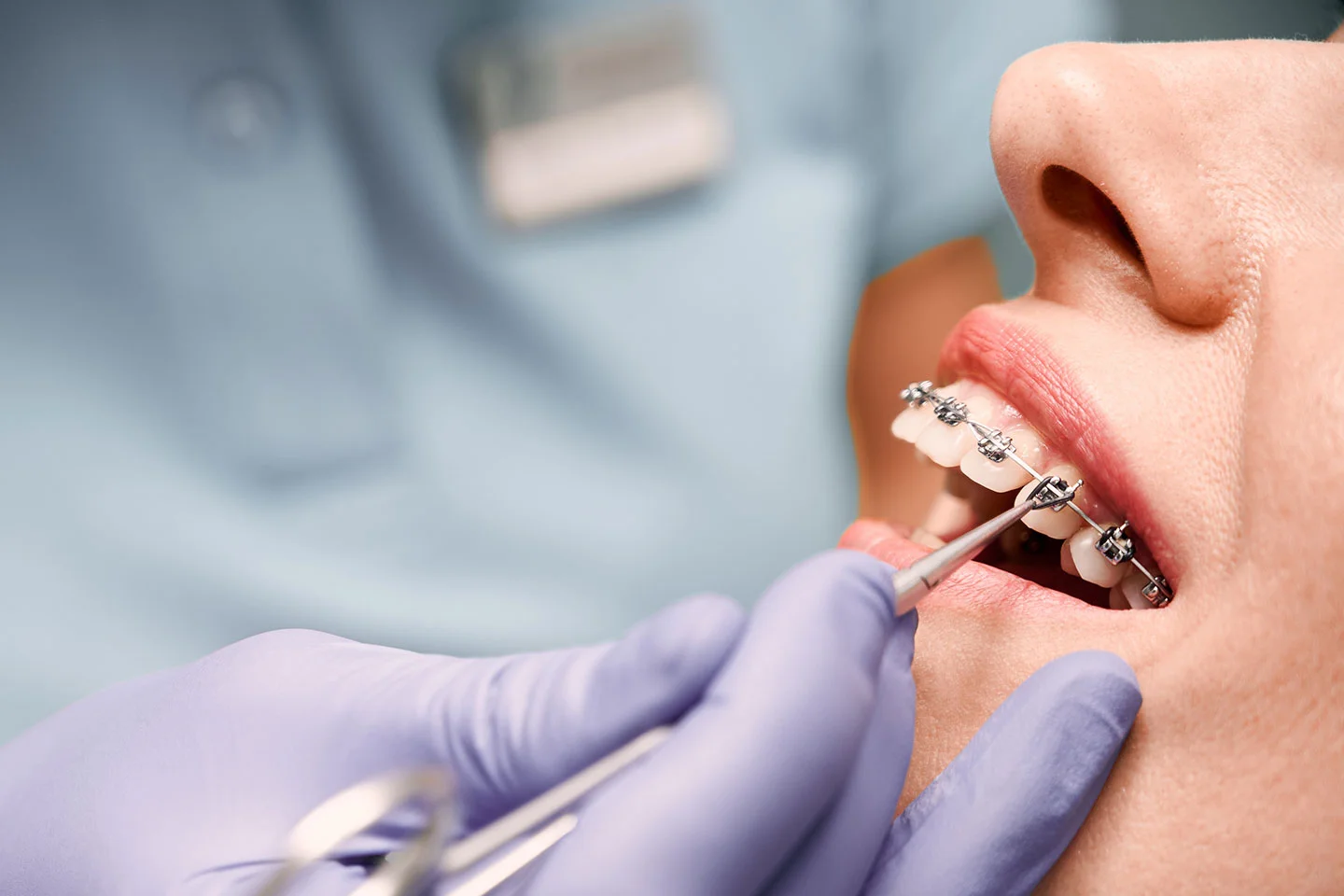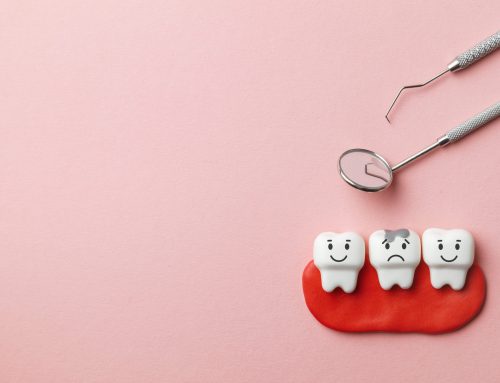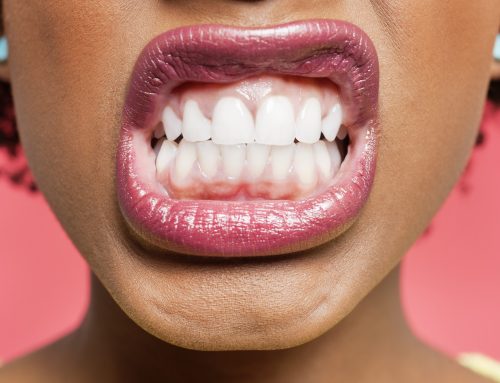Did you escape the typical teenage style all the dentists were raving about? You may have heard of them…braces! Orthodontic treatment isn’t so bad. As a kid, you may have had stigmas against the shiny metal in your mouth that was working hard to straighten your teeth for adulthood. But they aren’t just for kids, and they aren’t just for confidence. Orthodontic treatment can benefit you at any age and has come a long way. Read on to learn more about the benefits of orthodontic treatment and why you may want to consider chatting about your options with your dentist.
What is Orthodontic Treatment?
Orthodontic treatment doesn’t just refer to braces. Various methods are used, like retainers, but the bottom line is that it straightens your teeth. It isn’t just because a straighter smile looks better – it also significantly impacts your oral health. If your teeth are crooked, you can be at a higher risk of developing tooth decay or gum disease.
The typical list of orthodontic problems includes:
- Overlapping teeth
- Crooked teeth
- Impacted teeth (this means they’re partially or fully trapped in your jawbone)
- Rotated teeth
- Underbite
- Overjet
Before you start considering your orthodontic treatment options, you’ll need to have a relatively healthy mouth. This means you’ll have to take care of any cavities or other problems first.
Depending on what you need, whether it’s to fix a cosmetic issue or an underbite problem, your dentist will recommend one or several treatment options that can include:
- Braces
- Appliances like the Carriere motion appliance
- Retainers
- Invisalign, the Clear Aligners
- Oral surgery
Benefits of Orthodontic Treatment
Receiving orthodontic treatment can have several benefits on your health and self-esteem. It’s about a lot more than just a great smile. It promotes better overall oral health. Here are the benefits when considering orthodontic treatment.
Smile with confidence
Many people that struggle with crooked teeth will tend to shy away from smiling. They’ll cover their mouth or look in the other direction, as they aren’t completely happy with their smile. If you’re willing to have braces or other orthodontic treatments for a short amount of time, you can have a lifelong smile you feel confident about.
Speak more clearly
If your teeth aren’t aligned, it can be hard to pronounce certain letters. Over time, if your teeth begin to shift even further apart, you can develop a slur or a lisp. If you have a child who has had trouble pronouncing their “S” and “T,” orthodontic treatment could help.
Reduce your risks of tooth decay
When your teeth are straight, it makes brushing and flossing pretty straightforward. However, it can be challenging for hard-to-reach places when they’ve become crooked or rotated. Tooth decay can develop as your toothbrush may not be able to reach some crevices where food debris is getting stuck. Orthodontic treatment can help put your oral health back on the right track.
Reduce your risk of injury
If your teeth are jetted, aka your top teeth are significantly pushed forward compared to your bottom teeth, you can be more likely to obtain an injury. When your teeth protrude, it makes them an easy target if you’ve been in an accident. By aligning your teeth, you can decrease your risk of a fracture.
Reduce teeth grinding
If you’ve noticed that you have frequent headaches or neck pain that won’t quit, you may be grinding your teeth at night. Sometimes the cause of this can be an unaligned jaw. You can get back into alignment with orthodontic treatment, often including braces and elastics as part of the plan.
Manage gum disease
Gum disease can occur for a number of reasons, and it’s important to prioritize your oral hygiene habits if you’re at risk. When your teeth are misaligned, it can be harder to keep them clean. As part of your approach to tackling gum disease, you may want to consider incorporating orthodontic treatment to help.
Limit symptoms of TMJ disorder
TMJ refers to your temporomandibular joint, which acts as a hinge for your jawbone, allowing you to choose and move your jaw easily. If your teeth are misaligned when you bite, it can affect how your jaw moves. Correcting your misalignment will likely reduce the muscle tension and symptoms that come with a TMJ disorder.
Orthodontic treatment has made great leaps over the past few decades. There are plenty of options that can help correct different dental issues you may come across. If you don’t love how your smile looks or are worried about tooth decay due to misalignment, your first step is to speak with your dentist. They will be able to help you pursue orthodontic treatment in office or through an orthodontist.
At Somerset Dental, we take care of our patient’s orthodontic treatments in-house. You’ll have a familiar face with you throughout the entire process. Your comfort and confidence are at the forefront of our practice. Contact our office to book your consultation.






Leave A Comment